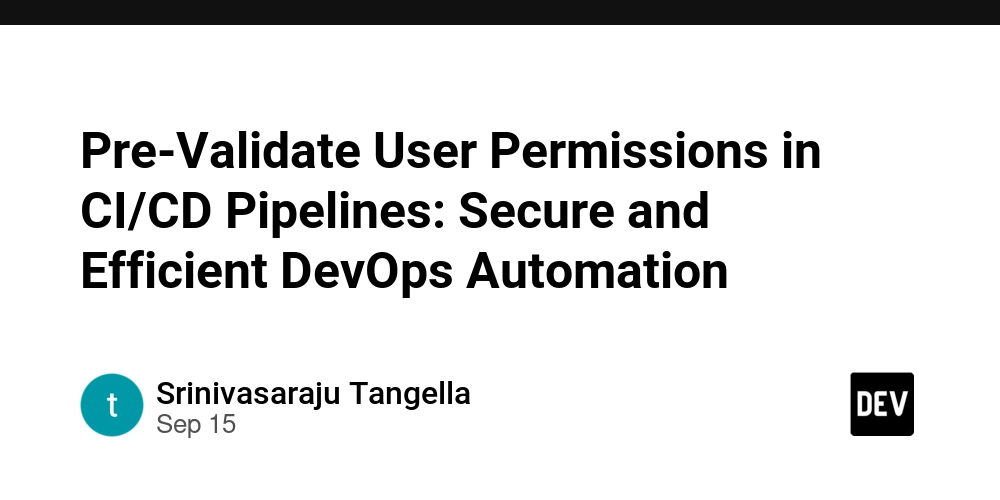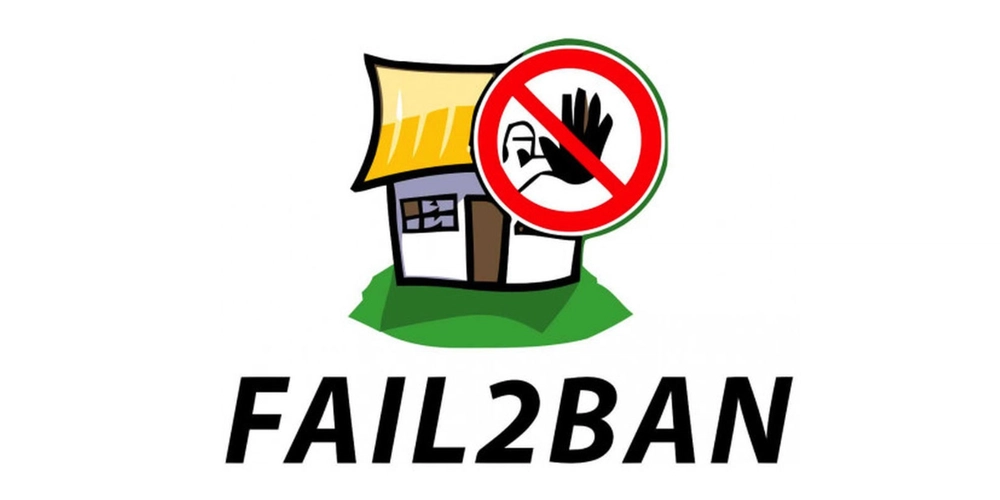Introduction
In modern DevOps practices, running pipelines without proper user validation can lead to unauthorized changes, security risks, and unnecessary resource consumption. By verifying credentials and permissions before starting a pipeline, teams can:
Ensure only authorized users trigger deployments
Reduce CPU and memory usage by preventing unnecessary pipeline runs
Protect production and sensitive environments from accidental changes
This article provides a practical example using a shell script that integrates seamlessly into CI/CD pipelines.
Real-World Use Case
Imagine a scenario where multiple developers, QA engineers, and release managers share the same CI/CD environment. Without validation:
An unauthorized user could trigger a production deployment.
The pipeline might consume significant resources even if the execution is not allowed.
By pre-validating users, you can stop execution early and log unauthorized access attempts.
Shell Script Example for User Validation
ALLOWED_USERS=(“devops_admin” “qa_engineer” “release_manager”)
CURRENT_USER=$(whoami)
is_user_allowed() {
for user in “${ALLOWED_USERS[@]}”; do
if [[ “$user” == “$CURRENT_USER” ]]; then
return 0
fi
done
return 1
}
if is_user_allowed; then
echo ” User $CURRENT_USER authorized. Proceeding with pipeline execution…”
# Call the actual pipeline script here
./deploy_pipeline.sh
else
echo ” User $CURRENT_USER NOT authorized. Exiting.”
exit 1
fi
How It Works
1.Allowed Users List:
Define a list of users permitted to execute the pipeline. This is easy to maintain and extend.
2.Current User Detection:
The script fetches the currently logged-in user using whoami.
3.Validation Check:
A function loops through the allowed users and checks if the current user matches.
4.Pipeline Execution or Exit:
If the user is authorized, the actual deployment script (deploy_pipeline.sh) runs.
If not, the script exits immediately, saving server resources and preventing unauthorized actions.
Integration in CI/CD Pipelines
Jenkins: Use the script as a pre-build step in your Declarative Pipeline.
GitLab CI/CD: Include it in the before_script section of your job.
GitHub Actions: Use it in a step with run: ./validate_user.sh before deployment steps.
This ensures all pipelines respect user permissions automatically.
Benefits
✅ Security: Only authorized users can trigger deployments
✅ Efficiency: Avoids unnecessary resource usage for unauthorized execution
✅ Audit & Compliance: Easy to log and track unauthorized access attempts
✅ Easy Maintenance: Simply update the allowed users list without touching the core pipeline
Conclusion
Validating users before pipeline execution is a small step with huge impact. It strengthens security, optimizes resources, and reduces accidental deployment risks. Implementing this as a pre-build shell script is simple, scalable, and integrates seamlessly into CI/CD pipelines.
By combining security, efficiency, and automation, DevOps teams can ensure pipelines run safely, reliably, and cost-effectively.



